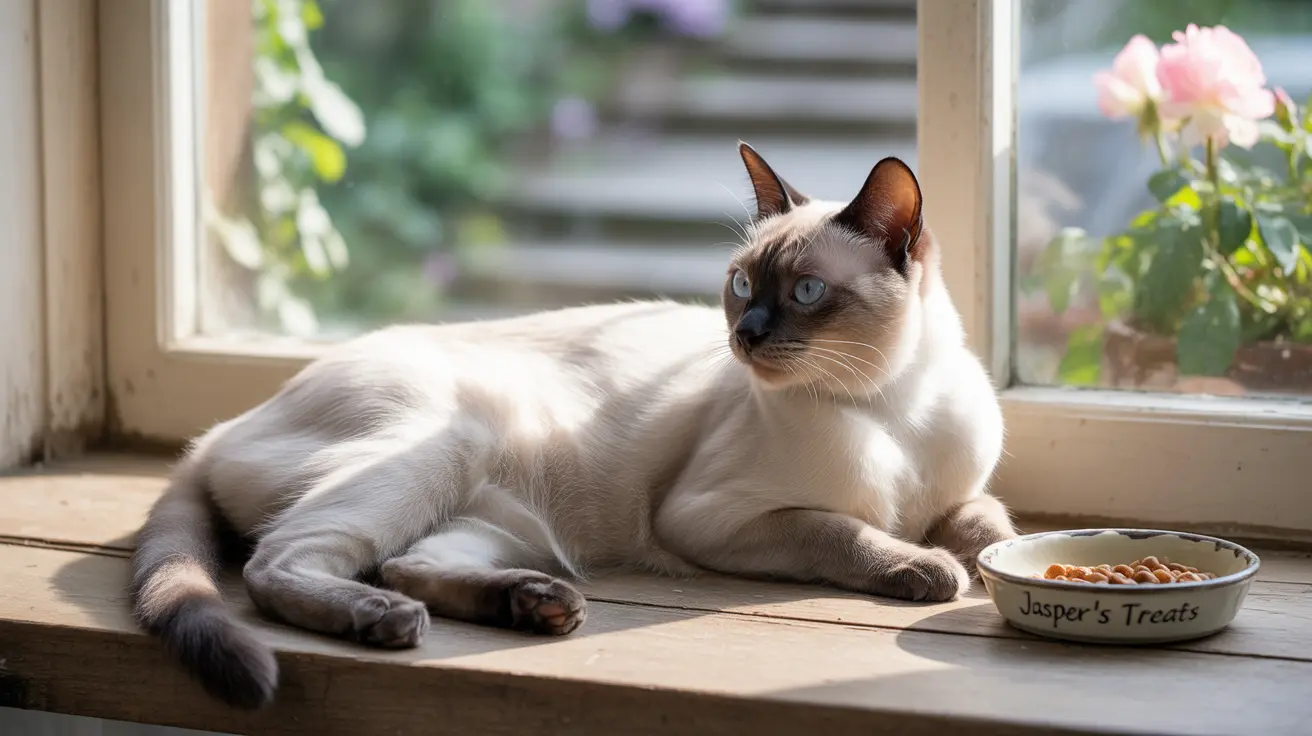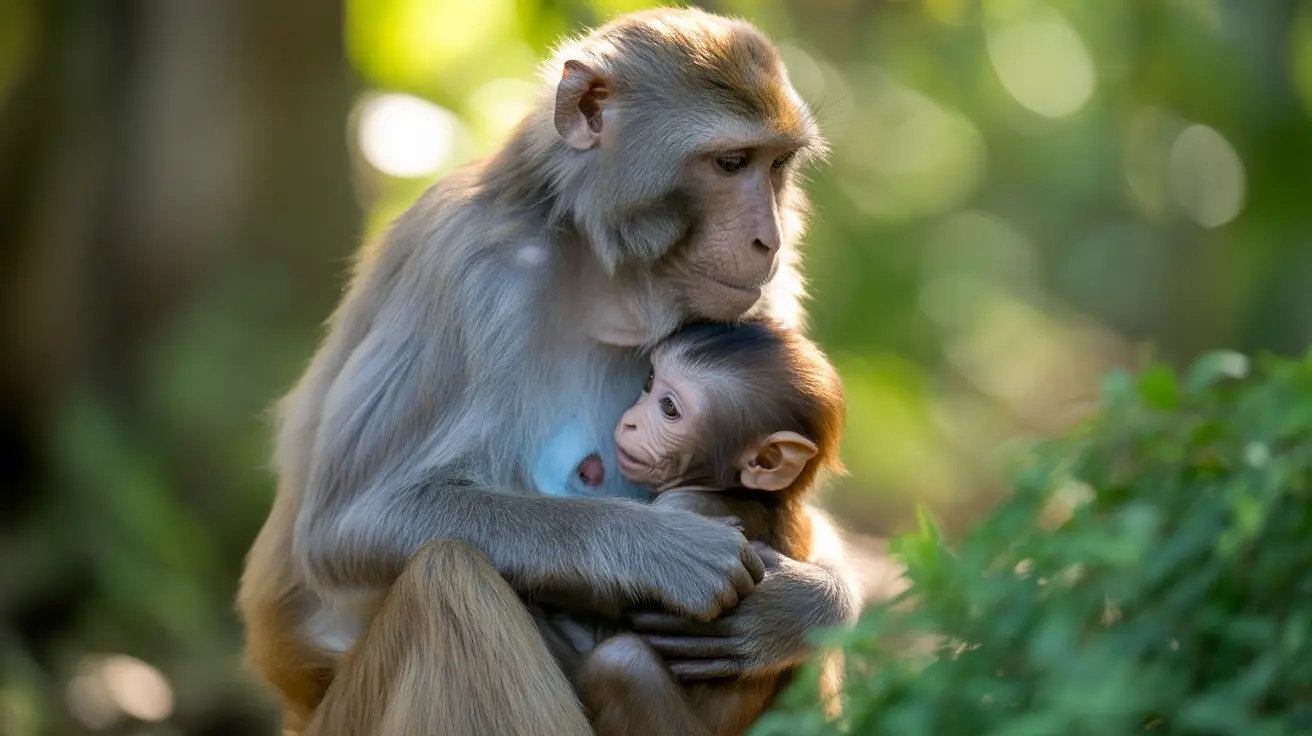Cats are complex communicators, and their meows are far more than simple background noise. When your feline companion starts vocalizing, they're engaging in a sophisticated language designed specifically to interact with humans. Understanding the nuances of cat mewing can help you better interpret your pet's needs, emotions, and potential health concerns.
From seeking attention to expressing discomfort, each meow carries a unique message that requires careful interpretation. This comprehensive guide will help you decode the mysterious world of feline vocalization and strengthen your bond with your furry friend.
Why Do Cats Meow? Decoding Feline Communication
Cat mewing is a multifaceted form of communication that serves several critical purposes. Unlike their communication with other cats, which relies more on body language and subtle cues, meowing is predominantly a learned behavior specifically developed to interact with humans.
Attention and Basic Needs
Cats quickly learn that meowing is an effective way to get human attention. Whether they're hungry, thirsty, or simply want interaction, a well-timed meow can prompt their owners to respond. Some cats become remarkably strategic, learning exactly how to modulate their voice to trigger the most immediate response.
Emotional Expression and Stress Signals
Meowing isn't just about practical needs—it's also an emotional outlet. Cats may vocalize when feeling anxious, lonely, or overwhelmed. Major environmental changes like moving homes, introducing new pets, or disrupting their routine can trigger increased vocalization as a stress response.
Health Indicators: When Meowing Signals Something More
While occasional meowing is normal, significant changes in vocalization can be a critical health indicator. Senior cats, in particular, might increase their meowing due to age-related cognitive changes or underlying medical conditions.
Age-Related Vocalization Changes
As cats enter their senior years (9-11+ years), they may become more vocal due to confusion, sensory loss, or cognitive dysfunction. Deaf or vision-impaired cats often meow more loudly as they compensate for their reduced sensory input.
Medical Conditions and Meowing
Persistent or sudden changes in meowing could indicate health issues such as:
- Urinary tract infections
- Dental problems
- Arthritis
- Thyroid disorders
Breed and Personality: Not All Meows Are Created Equal
Some cat breeds are naturally more talkative than others. Siamese, Bengal, Sphynx, and Tonkinese cats are known for their vocal personalities, often engaging their owners in lengthy "conversations".
Reproductive Status and Vocalization
Unneutered male and unspayed female cats tend to be particularly vocal, especially during mating seasons. Their loud yowls are designed to attract potential mates and can be quite persistent.
Responding to Your Cat's Meows: Best Practices
Understanding your cat's meowing is just the first step. Responding appropriately involves:
- Checking basic needs (food, water, clean litter)
- Providing regular play and interaction
- Scheduling routine veterinary check-ups
- Maintaining a consistent, stress-free environment
Frequently Asked Questions
Why do cats meow to humans and what are they trying to communicate?
Cats meow to communicate various needs and emotions, ranging from hunger and thirst to seeking attention or expressing discomfort. Each meow is a targeted communication strategy developed through their interactions with humans.
How can I tell if my cat's meowing is due to hunger, attention-seeking, or a health issue?
Observe the context of the meowing. Hunger-related meows often occur near feeding areas, while attention-seeking meows might happen when you're busy. Persistent, unusual, or pain-accompanied meowing could indicate a health problem requiring veterinary consultation.
What are some common stress triggers that cause cats to meow excessively?
Major environmental changes like moving, introducing new pets, alterations in routine, or significant household disruptions can trigger stress-related meowing.
Why do some cat breeds meow more than others, and what can I do about it?
Certain breeds like Siamese are naturally more vocal. If the meowing becomes excessive, provide ample mental stimulation, regular play sessions, and ensure all their basic needs are consistently met.
How should I respond if my cat's vocalization pattern changes suddenly or becomes more frequent?
Sudden changes in vocalization warrant a veterinary check-up to rule out potential health issues. Document the changes, noting frequency, context, and any accompanying behavioral shifts to help your vet make an accurate assessment.






